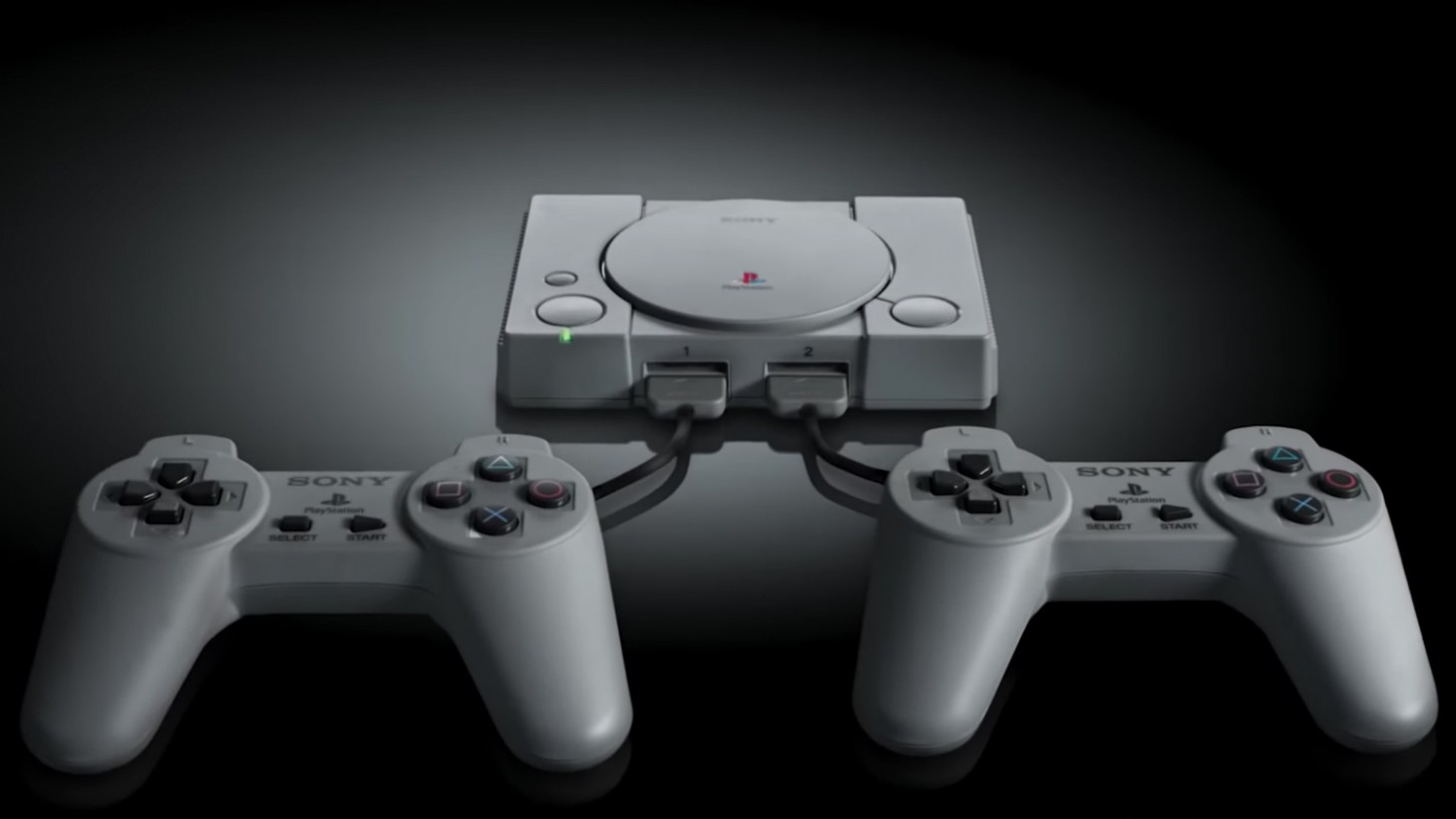It’s a Friday afternoon in the year 2000, and your best friend just got their very own PlayStation as a birthday gift the day before. You’re restless in History class, anxious for the school day to end so that you both can try out the brand new “Tony Hawk’s Pro Skater 2” game that just came out. The wall clock hanging above the chalkboard tells you it’ll be just a couple more minutes until that glorious bell rings, but also seems to mock you by making the second hand tick slower and slower as you become more excited to leave.
Finally, the bell rings. You don’t know what the teacher said over the sound of the bell just before you slung your already packed backpack over your shoulder, but you don’t care; you’re already out the door. Your friend is already waiting for you on the bus, saving a seat for you so you both can plan out the weekend.
You take your seat, thankful to take that bulky backpack off your shoulders.
“Are you ready?” you ask, holding out a clenched fist.
“Oh yeah, this weekend is gonna be sick!” The fistbump affirms that the weekend of gaming has finally arrived.
When you get to the house, you waste no time as you both run through the door, grab a couple Hi-C juice boxes from the cupboard and plop down onto the living room floor in front of the TV. Welcome to the weekend.
Now, in 2018, the kids who grew up playing revolutionary video game consoles like the OG PlayStation and the Xbox have grown up. Many have graduated college and might even have kids of their own. That’s why when Sony announced the PlayStation Classic Mini for the first time on Sept. 18, I was both intrigued and a little confused.
Sony isn’t the first company to bring a throwback into the gaming industry, though. This past summer, Nintendo also released a mini version of their classic console, the NES, and it even outsold the Xbox One, PS4 and Switch in the month of June, according to one article from The Verge. The NES Classic Mini comes preloaded with 30 games, ranging from “Super Mario Bros.” to “Pac-Man.”
Sony aims to do basically the same thing with their new take on the classic PlayStation, programming about 20 games into the mini console (and these systems really are small, nearly fitting in the palm of your hand) although only a few names have officially been announced, such as “Final Fantasy VII,” “Tekken 3” and “Ridge Racer Type 4.”
Although there are some questions as to the functionality of the Playstation Classic, namely the lack of connectivity to the PlayStation Network, I doubt this will have an effect on either sales or gamer experience. After all, the point of these consoles is to provide gamers with an avenue for their nostalgia, to bring back, dare I say, the good old days of gaming. And judging by the success of Nintendo’s throwback console, I’m sure Sony will revel in a similar wave of sales come December when the system is released.

Regardless of the comparative success between the two companies, what the popularity of these classic consoles says is that there’s certainly a market for retro gaming, even in the face of an ever-changing gaming industry. But why exactly?
I think it all comes down to what a generation deems a “classic.” Imagine someone in their early thirties who hasn’t touched a controller since the first “Halo” came out who suddenly tries playing “Fortnite.” Sure, they might find it enjoyable to pick up a controller for the first time in years, but I guarantee the main thought crossing their mind is, “Wow, video games have changed.”
The fact is, 15 to 20 years ago, when they were about as old as the kids playing “Fortnite” today, the gaming industry was completely different and arguably at one of its most revolutionary points since the 1980s. The quality of game graphics was increasing exponentially and the first-person shooter (“Halo,” just to name one) began dominating best-seller charts.
Not just that, but a major difference I’ve noticed in the gaming industry is that now, many video games seem to be constantly updating with fresh content, whereas back in the day when a game came out, it was pretty much finished, and you played the same game the same way for a long time. A “classic” game then, in the eyes of an older generation of gamers, could simply be a game that they enjoyed as a kid and that hasn’t changed much in terms of gameplay since its release.
That, I think, is part of what triggers the nostalgia for these gamers. They might notice a popular game like “Fortnite” that’s completely different than what popular games used to be, that changes constantly with content updates that alter the gameplay, and they start to remember their own childhood games. Nostalgia is a sort of mindset of comfort. The notion of “the good old days” is rooted in the desire to relive a time that made sense, that caused happiness, especially as a kid. Every generation is going to experience a wave of nostalgia of their own.
And the fact that this emotion is becoming prominent in the culture of video games is quite an interesting phenomenon. This seeming wave of nostalgic gamers is only the second of its kind. Years ago, Atari actually released the Atari Flashback, a similar idea to Sony’s and Nintendo’s, an old-style console with preloaded retro games tailor made for those who grew up in the ’70s and ’80s, when video games were first becoming a significant pastime.
So the fact that this sort of phenomenon is happening again, and with a generation that arguably has a greater appreciation for video games, makes me wonder if there is a cyclical nature to the “nostalgic gamer” as generations of gamers become older and want to relive their respective glory days of gaming. It also makes me think about what the next wave of nostalgic gamers will look like in the face of a future gaming industry.
Will the kids playing “Fortnite” today look back in 15 years after trying some insane, revolutionary game and think, “Wow, this is a lot different than what I played as a kid”? I’d like to think so.
















